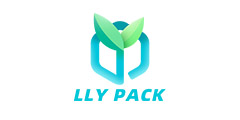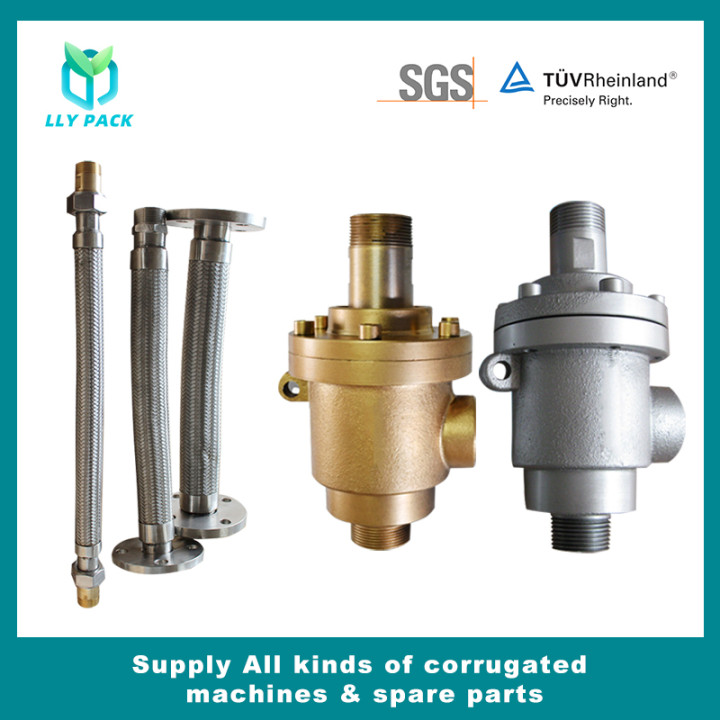EnglishEspañolPortuguêsDeutschहिंदी日本語ខ្មែរNederlandsالعربية한국어मराठीMalagasyItalianoPolskiSvenskaελληνικάPусскийภาษาไทยTürkShqipMagyarViệtSamoaМонголMaltiIndonesia FrançaisMelayuҚазақшаYorùbáবাঙালিעִברִיתGàidhligSomaliEesti keelKreyòl Ayisyennorskčeštinaفارسیతెలుగుမြန်မာBosanskiMaoriქართულიRomânăбеларускіУкраїнськаతమిళGaeilgeSuomalainenپښتوລາວհայերենSlovenščinaFilipinoO'zbekÍslenskaייִדישLatviešuGalegoFryskनेपालीKurdîCatalàбългарскиHawaiianHrvatskiਪੰਜਾਬੀWong JawaKiswahililëtzebuergeschisiXhosaEuskalSundaZuluગુજરાતીТоҷикӣ
- Dom
- O nas
-
Products
- Linia falisty
- Maszyna do falistej >
-
Przedmowy z maszynami falistymi >
- Przegub obrotowy
- Grzebień dla strzelca Slitter
- Klocki hamulcowe
- Pompa przeponowa do kleju
- Pasek do odpadów
- Chuck rozszerzający
- Elastyczny metalowy wąż
- Ściernica
- Taśma dla Splicer
- Wałek falisty.
- Blade
- Napowietrzny pasek mostka
- Koło słońca.
- Przenośnik pasa
- NC Cutting Blade
- Pułapka parowa
- Cylindry pneumatyczne
- Hamulec pneumatyczny
- Air Bellow Spring
- Pompa próżniowa pierścienia wodna
- Smar z prasą falistą
- Gumowa dystans
- Spłata tytanu
- Slotter drukarki Flexo
- Maszyna do drukarki Flexo >
-
Części zamienne drukarki >
- miedziana taca
- Stojak na druk
- Pompa ARO.
- Pędzel stalowy i mosiężny
- Filtr atramentowy
- Ostrza doktorskie.
- Pokrywa kowadła
- Blade Slotting.
- Taśma z włókna
- Wisząca ramka
- PET-Strip z filmem
- R i BAK DRUKOWANIE DRUKOWANIA
- Koło karmienia
- Jeden sposób łożyska
- Rotary Die Board.
- Pojedyncza pompa membrany
- Blok końcowy kanału atramentu
- Gumowa przepona
- Zawór Duckbill
- Magnetyczne hamulec sprzęgła
- Wiszący pasek groove
- Maszyna pakująca >
- Maszyna kartonowa >
- Części maszynowe kartonowe >
- Podwójne pasy facerów.
- System klejenia >
- Tordboard Cuting Blade >
- Tungsten Steel Blade >
- Ściernica
- Stripper
- Ostrze maszyny do pakowania >
- Sprzęt przed wyciskaniem >
-
Przemysłowe ostrze cięcia >
- Płytki tnące okrągłe ostrze piły
- Blade tnące metalu
- Piła do cięcia drewna
- Piła pokarmowa piła
- Ostrze cięcia światłowodowe
- Ostrze Chipper
- Połączenie zginające
- Ostrze na maszynę do krojenia warzyw
- Stalowe cienkie ostrze
- Tsukatani Die Cutting Blade
- Drukarka Die Cut Blade
- Maski Blienie
- Slitter Rewinder Blade
- TMR Blade
- Okrągłe ostrze tytoniowe
- Blor ścinania rolki
- Ząbkowany nóż do pakowania
- Pasek do cięcia
- Doktor Blade
- Okrągłe ostrze
- Trzy dziury ostrze
- Ceramiczne ostrze
- Ostrze noża opaski do tkaniny
- Ostrze noża zespołu do pianki gąbki
- Ostrze noża opaski do rozdzierania maszyny
- Ostrze noża zespołowego na papier
- Uchwyt ostrza
- Przemysłowe ostrze cięcia
- Frezowanie noża
- Szlifierka kątowa
- Blor shredder
- V rowkowe ostrze
- Nożyczki elektryczne
- CNC Blade i narzędzia maszyny
- Ostrze przetwarzania żywności
- Aktualności
- wideo
- Skontaktować
- Wyślij zapytanie











